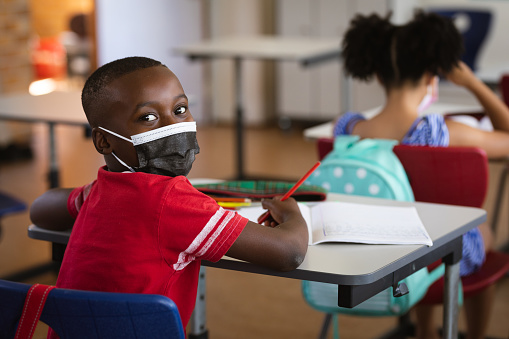

The right to education aims to ensure everyone achieves their human right to access quality education throughout life. An inclusive approach to education means that each individual’s needs are taken into account and that all learners participate and achieve together. It acknowledges that all children can learn and that every child has unique characteristics, interests, abilities and learning needs. Special focus is placed on learners who may be at risk of marginalization, exclusion or underachievement. For example, where a child has a disability he or she would not be separated from other learners in school and learning assessments and progress would take the disability into account.
There are many aspects to be considered in creating an inclusive learning environment including the development of policy with an inclusive lens, adequate and disaggregated data about learners, curriculum, teacher ability and attitudes, language and communication, assistive technology, physical access including transport, and community and family involvement. Children with disabilities are over-represented in the population of those who are not in education. Globally, there are between 93 million and 150 million children living with a disability – 80% of whom live in developing countries. Children and youth with sensory, physical, or learning disabilities are two-and-a-half times more likely than their peers to never go to school. Where disability intersects with other barriers, such as gender, poverty, or remoteness, the risk of exclusion is greater still.
Be the first one to receive latest updates.